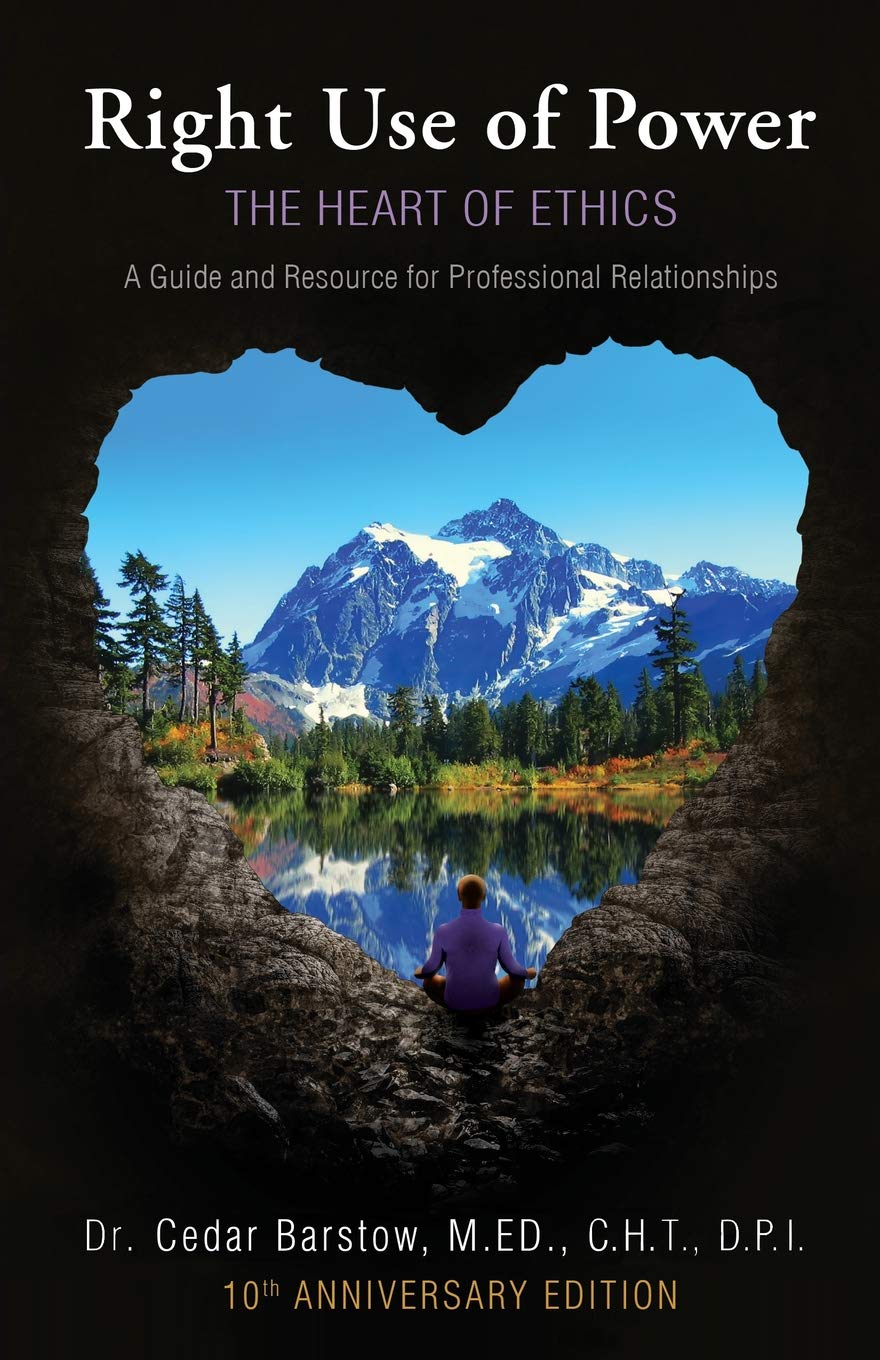Precepts Program, 2021
Course Text: Waking Up to What You Do, Diane Eshin Rizzetto
2021 Precepts Ceremony Registration
Resources for Study
Class Documents
Bodhisattva Initiation (Jukai) Ceremony
Hakomi Materials
Hakomi and Buddhism-Flint Sparks
Internal Family Systems Materials
Right Use of Power Materials
Hui Neng, the sixth Zen ancestor, said “It is precisely Buddhist conduct that is the Buddha.” This means, as Peter Hershock notes, that the real Buddhist is seen “in terms of conduct—that is, his or her lived relations with others—and not according to any individually possessed marks or states of consciousness.” Buddhism rests on a deeply ethical foundation. The Buddha taught the principles of ethical living throughout his forty-five years of teaching, to every kind of audience from farmers to disciples to kings.
Although this ethical foundation parallels the ethical teachings of every major world religion in some ways, Buddhism is unique in the way the precepts are presented. Rather than reflecting moral judgments or declarations of “what is good” and “what is bad or evil,” the Buddha taught an active process of inquiry into that which is wholesome and that which is unwholesome.
Appamada regularly offers a one-year program of once-a-month meetings to explore the Buddhist precepts from a contemporary practice perspective. The current program began June 22, 2021 and meets on the 4th Tuesday or each month from 7-9PM (central).
Class Recordings
Other Resources
Historical Background of the Precepts



